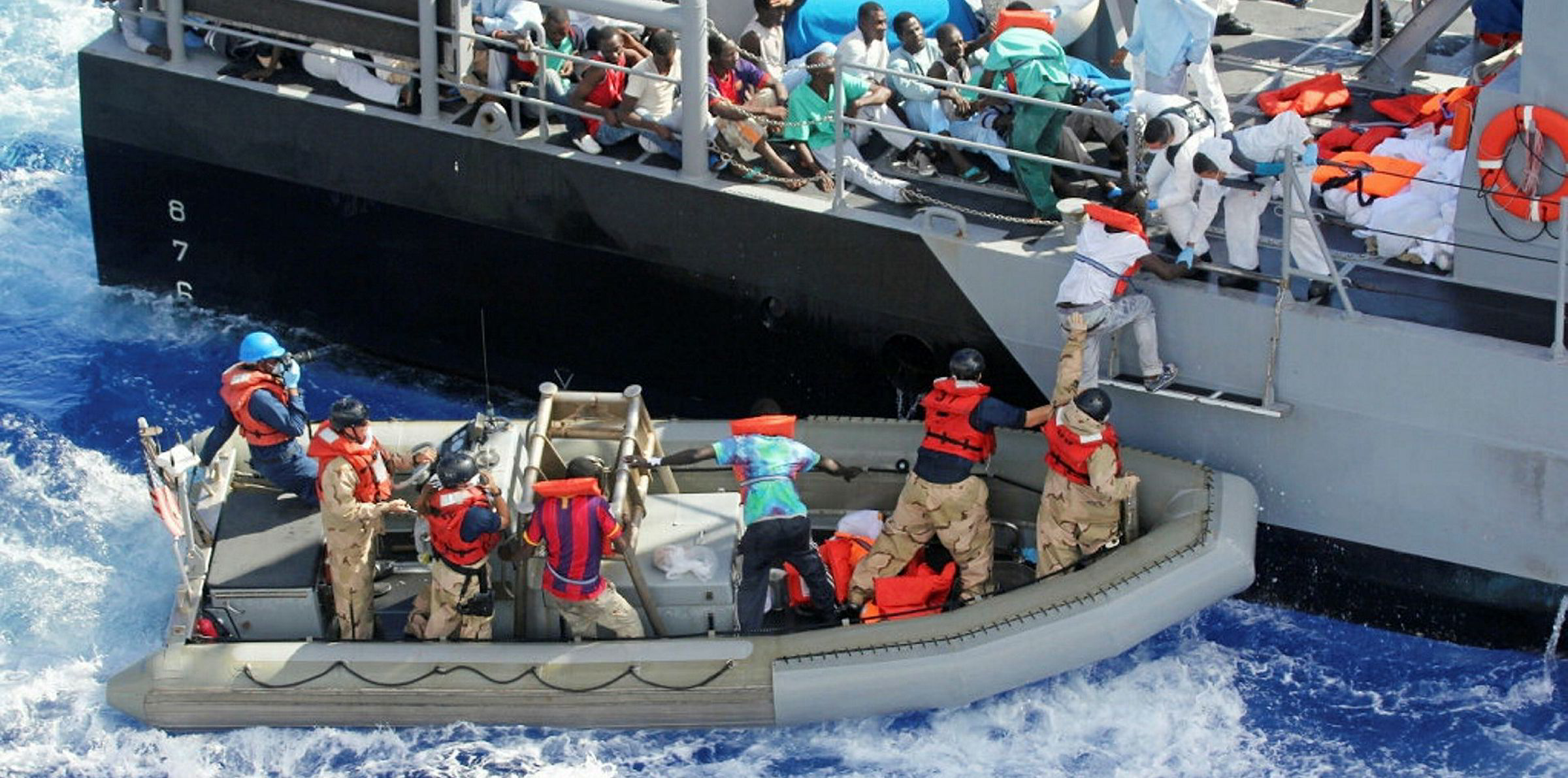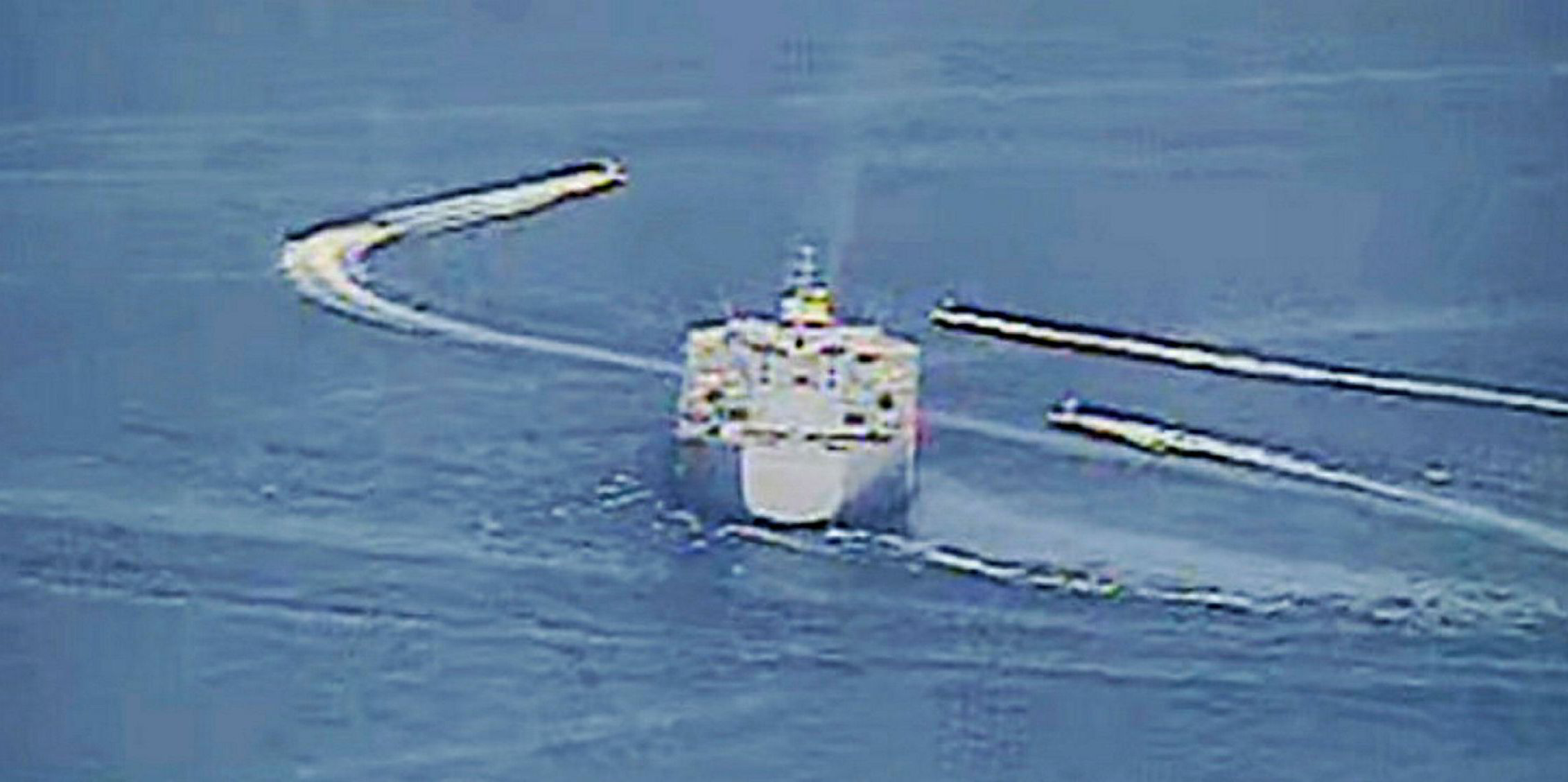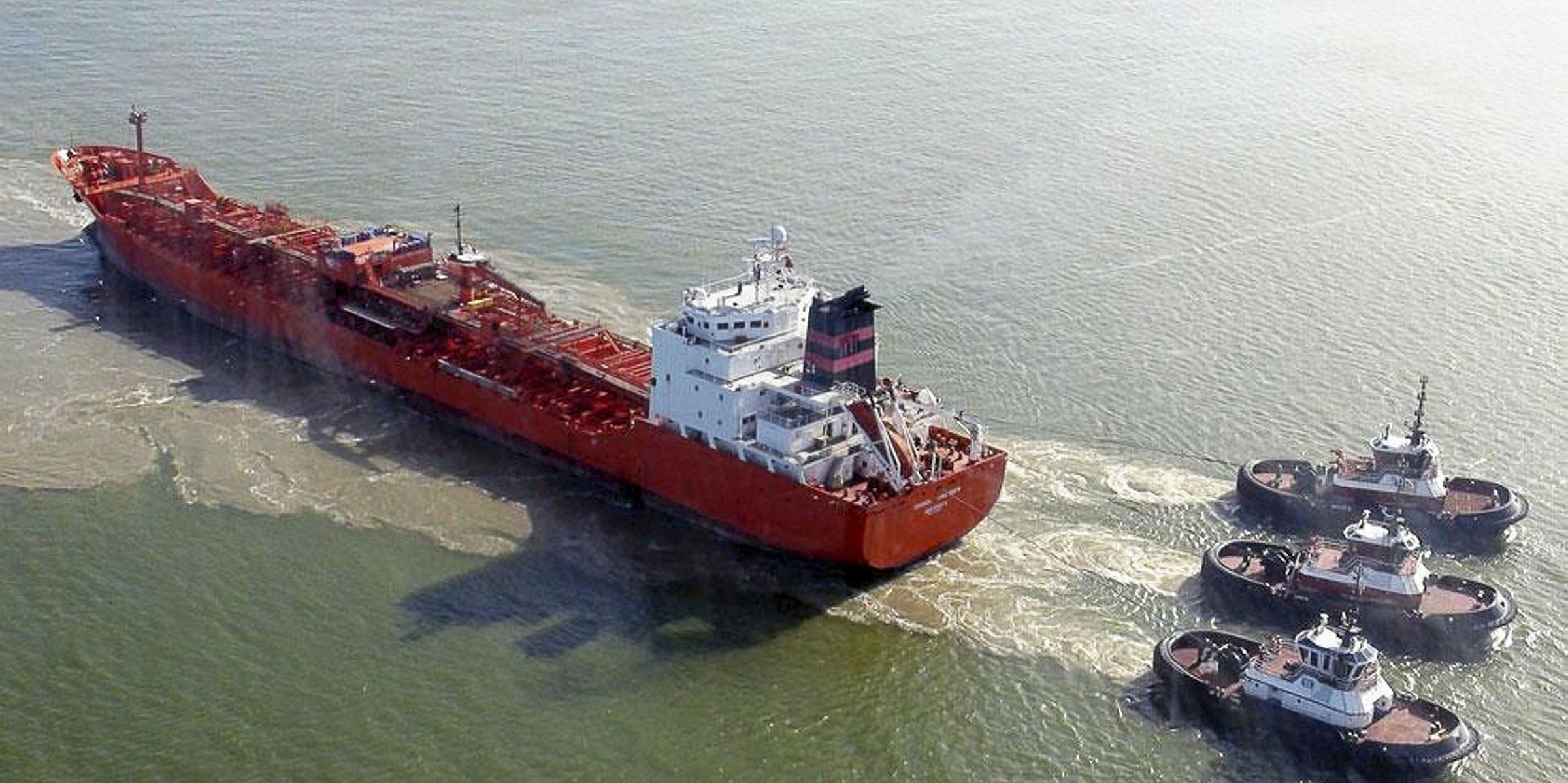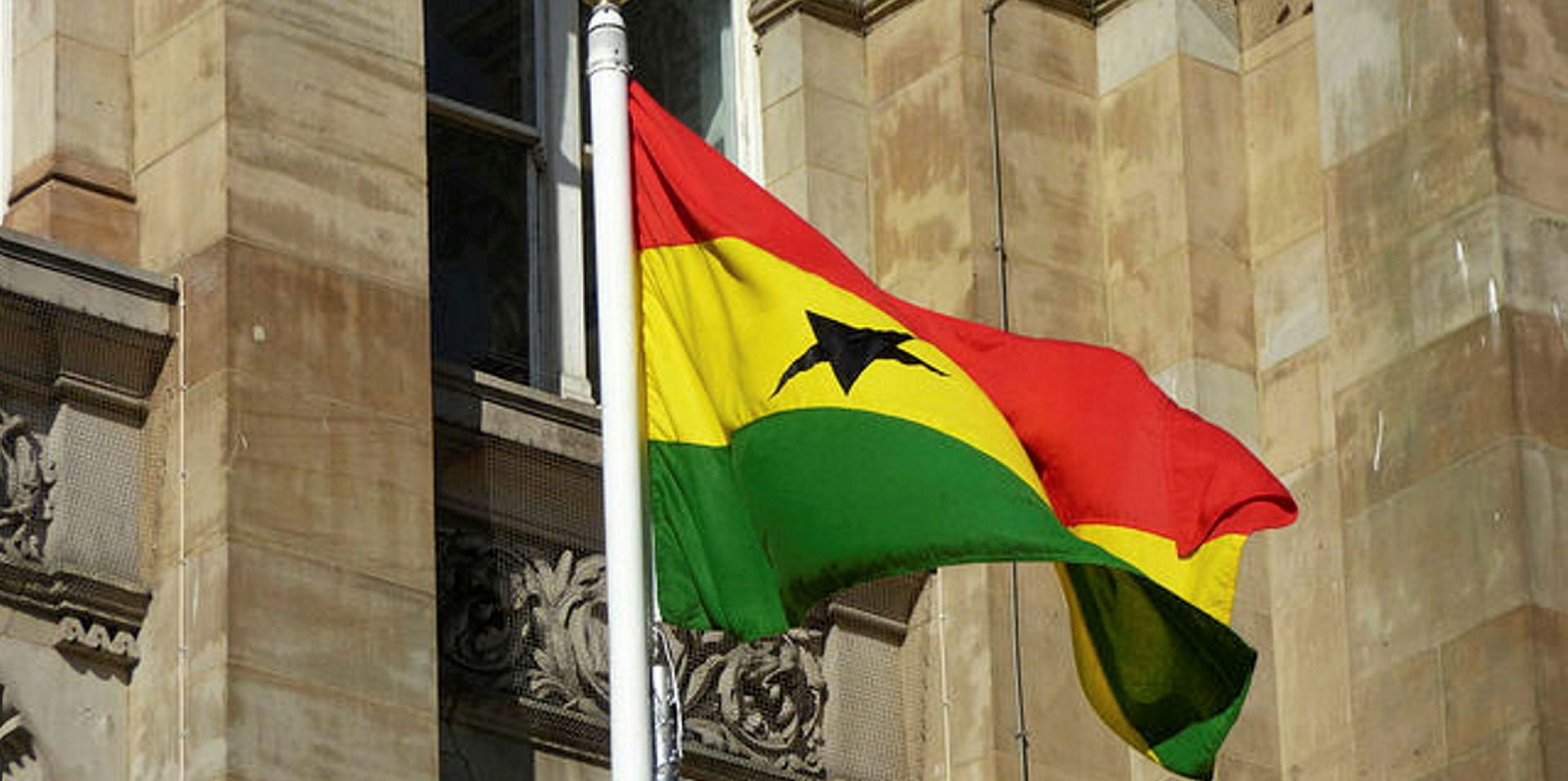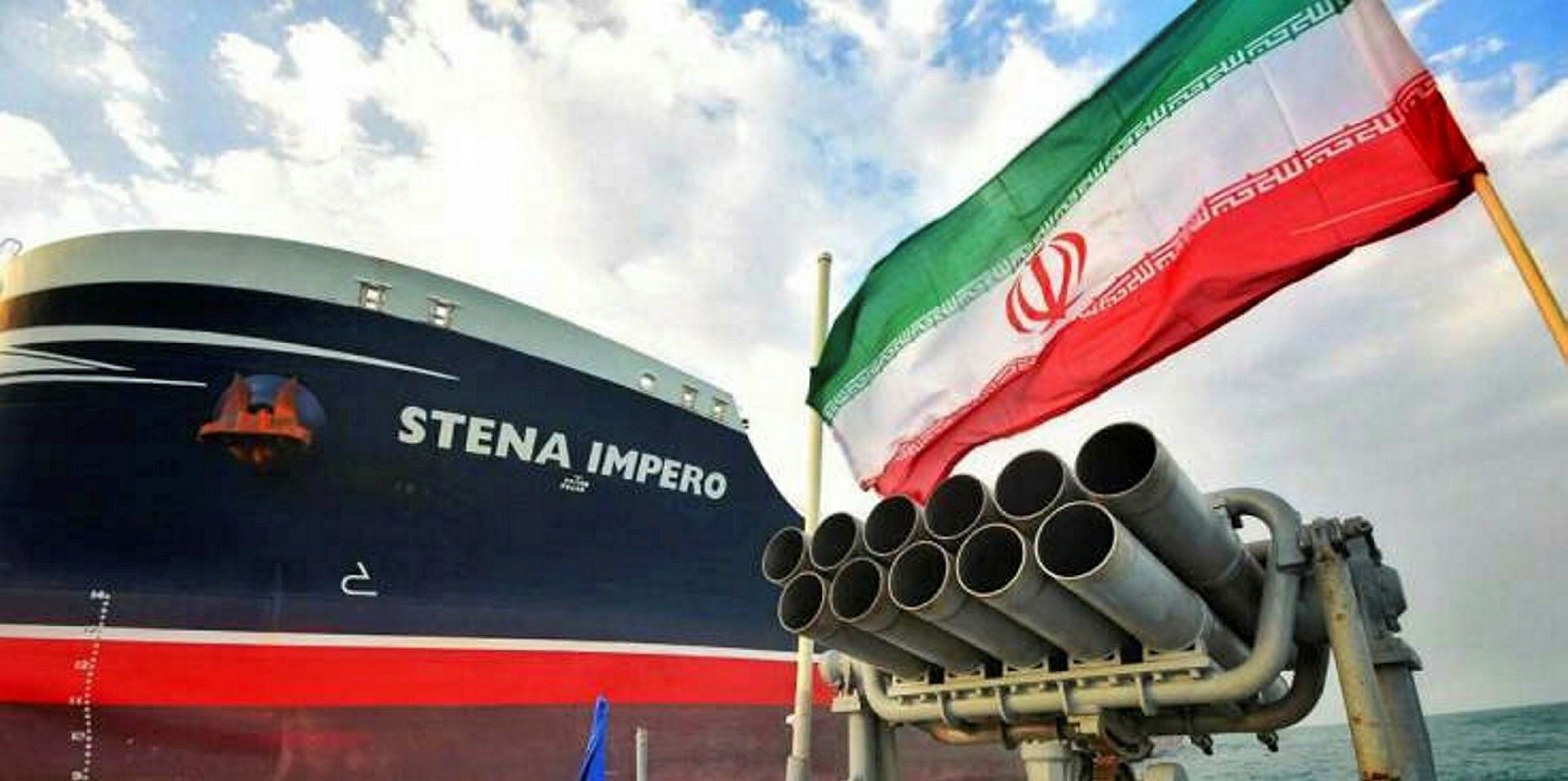Vessel operators are set to face a worsening migrant crisis in the Mediterranean due to the coronavirus pandemic and intensifying conflicts in Libya, consultancy Dryad Global has warned.
According to the United Nations Convention of the Law of the Sea and the International Convention for the Safety of Life at Sea, seafarers have a duty to attempt to rescue people in danger at sea.
As more Libyans are expected to flee from their war-torn nation, vessel operators could struggle to rescue the refugees with countries establishing barriers for them to disembark amid the pandemic, according to Dryad.
“Whilst this crisis has so far not reached its peak, it is advised vessels become increasingly aware of what may occur in the Mediterranean within the next 12 months, and begin to adopt contingency measures to assist their ability to interact with migrants and/or migrant vessels if deemed necessary,” Dryad said in a note.
Libya torn by internal conflicts
Estimates from the International Organisation for Migration (IOM) show more than 200,000 people have been displaced in Libya over the past year due to an ongoing civil war.
Of those refugees, 150,000 are situated along the western coastline of Libya from where most of the attempted migrant Mediterranean crossings are launched.
On 10 April, the Libyan coastguard rescued 280 migrants in distress, Dryad reported.
“However unlike in recent years, Libya has now banned migrants from disembarking back on Libyan soil, a decision taken due to worries that a higher number of migrants on Libyan shores would exacerbate the spread of Covid-19,” the consultancy said.
The North African country has confirmed 48 Covid-19 patients and one death as of Thursday, according to Worldometer.
The number of Libyan patients is “set to rise exponentially, especially when the virus becomes established within migrant detention camps, which have terrible sanitation conditions,” Dryad said.
“It is likely that the intensifying conflict in Tripoli, and the increased spread of Covid-19 within Libya will continue to exacerbate the ‘push’ factors which will encourage migrants to attempt a Mediterranean crossing.”
Europe in crisis
With the European Union winding down Operation Sophia – which coordinated migrant rescue activities – Dryad has expected the crisis to escalate further.
On 6 April, Sea-Eye reported the Italian and Maltese authorities refused the disembarkation of 150 refuges on board its rescue boat, the 117-dwt Alan Kurdi (built 1951).
A 24-year-old male refugee attempted suicide on Wednesday due to severe anxiety, according to the ship’s doctor.
Italy, while declaring its ports “unsafe” for migrants, has however provided relief goods and evacuated a small number of people on-board.
IOM figures suggested more than 1m migrants arrived in Europe by sea in 2015, putting pressure on vessel operations in the Mediterranean.
“The ongoing conflict in Libya and the spread of Covid-19 may together create the conditions necessary to instigate a second migrant crisis,” Dryad said.
